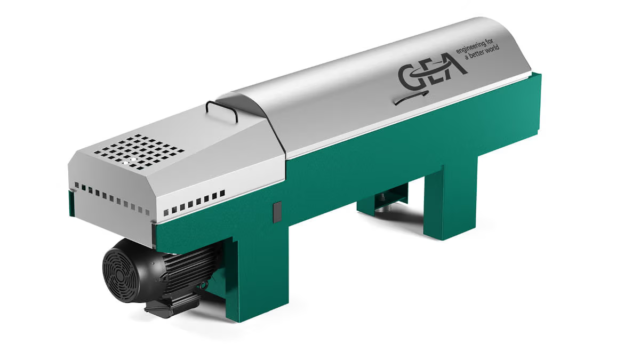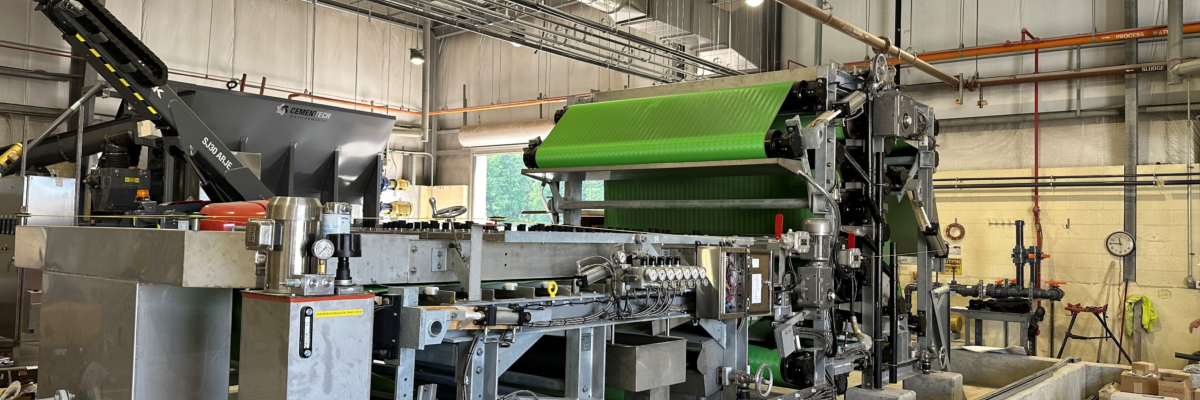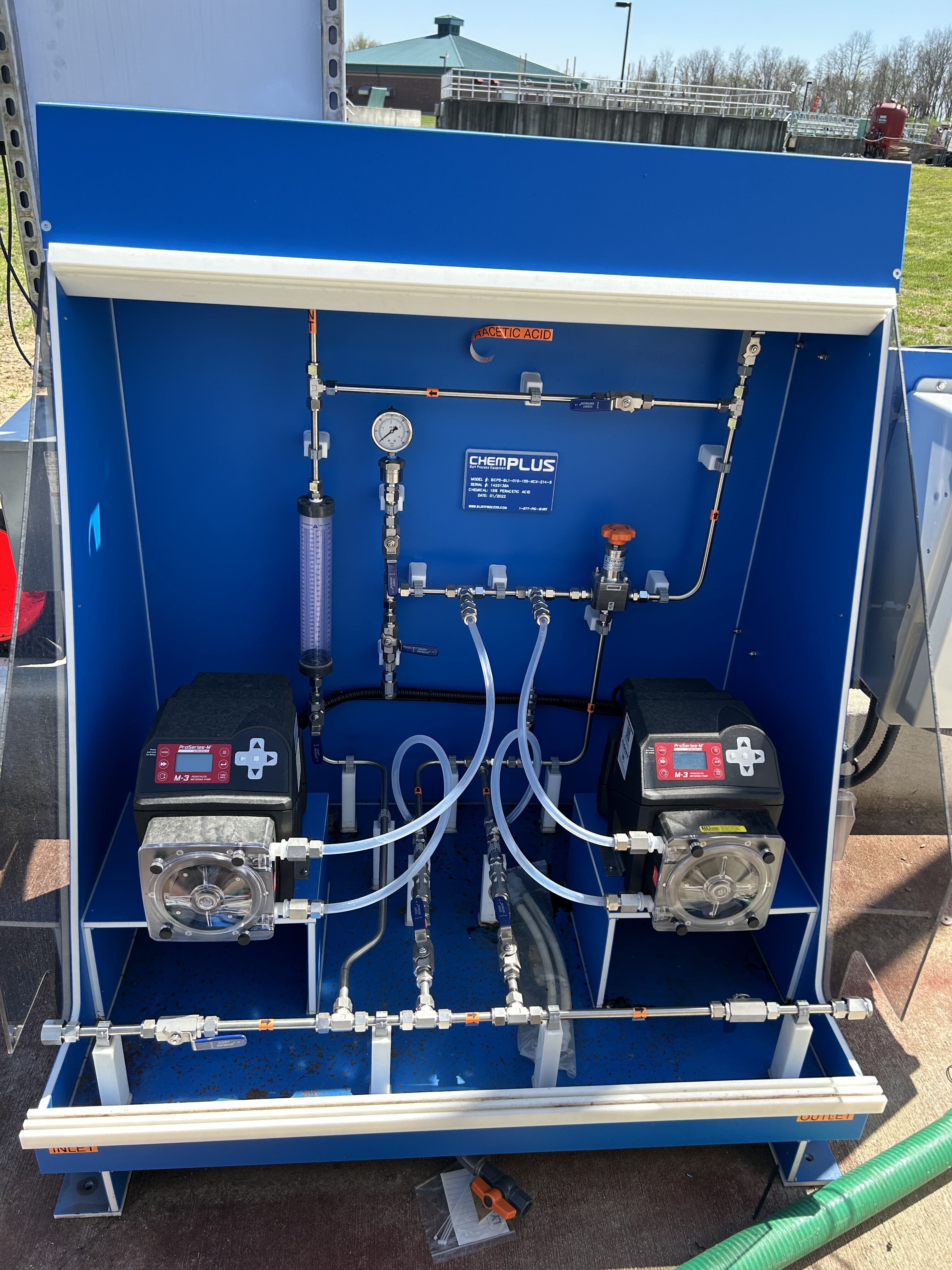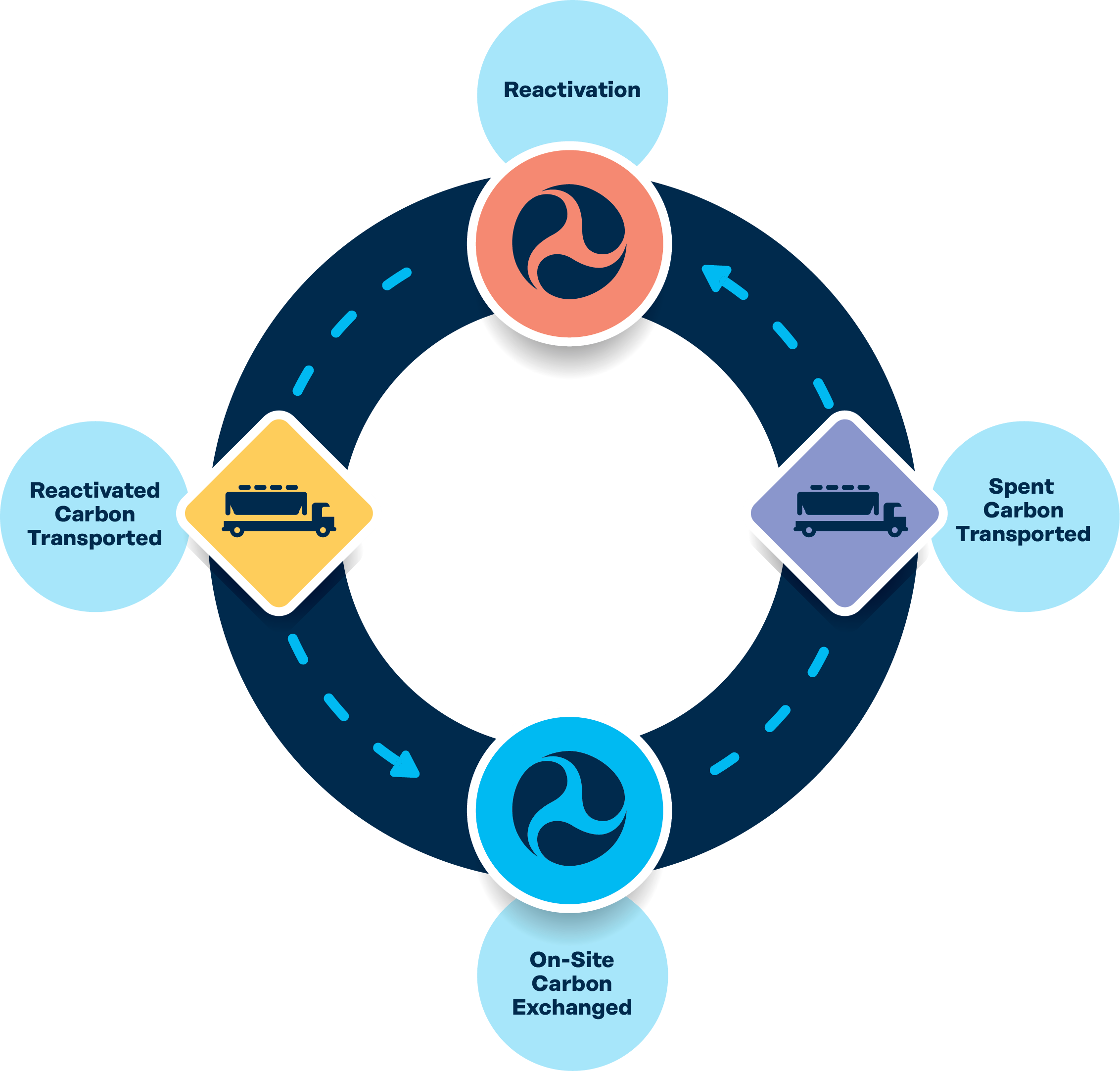In modern wastewater treatment, managing sludge efficiently is just as critical as purifying the water itself. Sludge dewatering refers to the process of removing as much water as possible from sludge, reducing its volume and weight. This not only lowers disposal and transportation costs but also helps facilities comply with environmental regulations and improve operational efficiency.
Why Sludge Dewatering Matters
Sludge is an inevitable byproduct of water and wastewater treatment processes. Without proper handling, it can create serious environmental and financial challenges. Dewatering turns thick, water-laden sludge into a semi-solid “cake” that’s easier to transport, store, and dispose of. In many facilities, dewatering represents the final stage before incineration, composting, or landfill disposal.
Effective sludge dewatering can:
Cut hauling and disposal costs by up to 80%
Minimize odor and leachate formation
Improve efficiency in downstream processes like drying or stabilization
Reduce energy usage and greenhouse gas emissions
Common Sludge Dewatering Techniques
Optimize Your Dewatering System with Pelton Environmental Products
Every sludge stream is different—and so are the equipment and chemical needs that make dewatering efficient. Pelton Environmental Products helps municipalities and industrial facilities choose the right dewatering technologies, polymers, and accessories to improve solids capture and lower operating costs.
Our experts work directly with operators to evaluate sludge characteristics, test performance on-site, and recommend complete solutions for lasting performance.
Schedule a Lunch and Learn to discuss your sludge dewatering challenges and request a consultation today.
Each facility has unique requirements depending on sludge characteristics, plant size, and disposal goals. Below are the most widely used dewatering technologies in municipal and industrial wastewater treatment.

Centrifuge Dewatering
Centrifugal dewatering uses high rotational speed to separate solids from liquids by density. As the sludge spins, solids are flung outward while the clarified liquid drains away.
Advantages: Compact footprint, high throughput, and adaptability to various sludge types.
Ideal For: Plants seeking automation and minimal operator attention.
The GEA Westfalia decanter centrifuge is a high-efficiency system designed for reliable sludge dewatering and liquid-solid separation. Its robust engineering and automated controls make it ideal for wastewater treatment applications, delivering consistent performance, reduced maintenance, and improved process efficiency — perfectly aligned with Pelton Environmental’s commitment to advanced, sustainable water treatment solutions.
Belt Filter Press
A belt press is one of the most common mechanical dewatering systems. Sludge is conditioned with polymers, then sandwiched between two porous belts that move through rollers to squeeze out water.
- Advantages: Continuous operation, low energy consumption, and relatively simple maintenance.
- Ideal For: Municipal wastewater and industrial applications with moderate solids content.
Filter Press
A filter press uses pressure to force water through filter media, leaving behind a dense, dry cake. Though a batch process, it achieves some of the driest solids content among dewatering methods.
- Advantages: Excellent dryness, effective for fine or difficult-to-dewater sludge.
- Ideal For: Smaller operations or specialty industrial processes where maximum dryness is key.
Screw Press
A screw press moves sludge through a narrowing screw shaft, where increasing pressure drives out the water.
- Advantages: Low noise, energy-efficient, and capable of handling oily or fibrous sludge.
- Ideal For: Food processing, pulp and paper, and small to medium municipal plants.
Geotextile Bags (Geobags)
For smaller or temporary operations, geotextile dewatering bags provide a cost-effective, low-maintenance option. Sludge is pumped into the bags, water drains through the porous fabric, and solids remain trapped.
- Advantages: Minimal equipment, low capital investment, simple setup.
- Ideal For: Seasonal operations, lagoon cleanouts, and remote sites.
Optimizing Dewatering Performance
Regardless of technology, success depends on careful sludge conditioning, typically through chemical polymers that improve floc structure and water release. Regular performance testing ensures optimal polymer dosing, equipment pressure, and feed rates. Monitoring total solids (TS) and volatile solids (VS) content can help identify improvements in upstream processes that affect dewatering efficiency.
Environmental and Economic Benefits
Modern dewatering technologies help wastewater treatment plants achieve sustainability goals by reducing:
Landfill volume and transport emissions
Sludge storage requirements
Energy use in drying and incineration
Some facilities even repurpose dewatered sludge for energy recovery or agricultural use, aligning with circular economy principles.

Partner with Pelton Environmental Products for Better Dewatering Results
Selecting the right sludge dewatering system depends on a combination of technical data, cost analysis, and real-world testing. Pilot studies or small-scale trials can provide valuable insight before full-scale implementation.
Partnering with an experienced wastewater treatment provider like Pelton Environmental Products ensures you get the right balance of performance, reliability, and long-term value. From equipment selection to polymer optimization and maintenance training, the right expertise can transform sludge from a costly waste product into a manageable resource.



